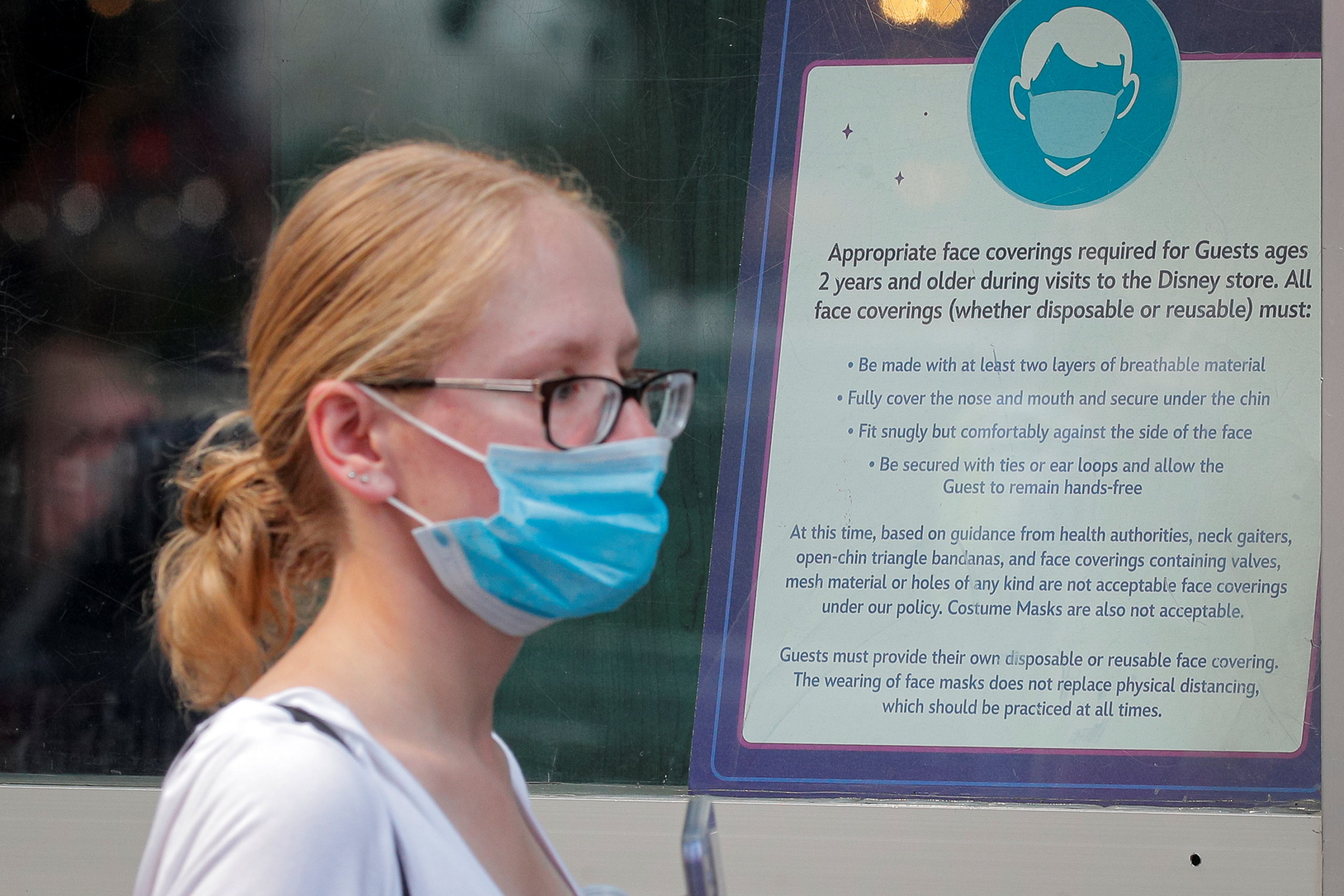COVID-19 Part Two, Act Two - Understanding Delta

An almost new novel coronavirus has reached our shores in the form of the Delta variant.
It now represents 83% of COVID-19 cases seen nationally. The Delta variant is 60% more contagious than the original variant of 18 months ago. It also presents differently.
The Delta variant presents with less loss of smell and cough but more fever, congestion, headache and diarrhea. Ninety-seven percent of deaths from COVID-19 in the US in the last 45 days have been unvaccinated.
The Regeneron ready-made antibody produced right here in New York State and developed by Dr. George Yancopoulos, MD of Regeneron, who trained at Columbia University, has worked well against the Delta variant. The Delta variant is spreading so fast that many unvaccinated will get sick, hospitalized or die of COVID, and we will probably speed toward herd immunity in the next six months.
The virus needs a hotel called humans to live in. This is where it has time to mutate. The more people who get COVID-19 and survive, and the more that are vaccinated, the faster the virus will subside.
The greatest hope is with oral antiviral pills being researched by Merck, Pfizer and Innovation Pharmaceuticals. It will be like Tamiflu for influenza. Once oral antivirals are approved, a person who tests positive for COVID-19 and has symptoms will take an oral antiviral pill to knock out the virus.
Things will get better. Hope and healing are on the way thanks to great scientists, many of whom have roots right here in New York State. For now, when I shop or I’m indoors, or on buses or planes, I will wear my mask and keep my UVC air sanitizer on.
You have either a one in 500 chance of dying from COVID-19 or a one in a million chance of dying from COVID-19. Get vaccinated, please.
Peter Michalos, MD is Associate Professor of Clinical Ophthalmology, Columbia University Vagelos College of Physicians and Surgeons; Past President of Medical Staff and Past Chief of Surgery Southampton Hospital; Chairman Hamptons Health Society. He has been a resident of Southampton for three decades. southampton.stonybrookmedicine.edu



